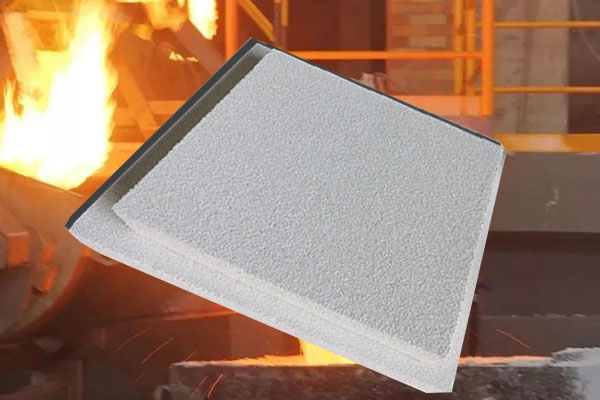Ceramic Filter Indonesia Nickel has the property of non-sticking aluminum, and can remove various oxide inclusions generated during aluminum smelting by physical adsorption and chemical action.
Ceramic Filter Indonesia Nickel is suitable for producing high quality and high demand aluminum and aluminum alloy purification process.
A new entrant to aluminium from the People’s Republic of China is planning to build a 1m tonnes a year aluminium smelter for Indonesia.
According to a CRU report, Qingshan Holdings is planning to enter the sector by building a new aluminium smelter in cooperation with Huafeng Group. The company operates an industrial park on Sulawesi island, where the smelter is planned.
CRU said Aoyama would initially be produced at a rate of 500,000 tonnes per year by 2023, but they did not specify when full production would begin.
Dai Ying, CRU senior adviser, said this could be the first of many new aluminium projects in Indonesia.
He went on to point out that the company has access to Chinese technology and low-cost coal-fired power plants in Indonesia. In addition, the company will benefit from work outside the capacity limits Imposed by Beijing on the industry.
Aoshan joins China Hongqiao Group in Indonesia and several other Chinese companies currently planning or operating smelters in the country. Indonesia is expected to ban exports of bauxite from the country in an effort to boost its aluminium production.

Aoyama currently produces only nickel and stainless steel. It also plans to enter the copper industry through its $2.8 billion copper smelter at Weda Bay, where it will work with McMoRan Inc. Cooperation.
Less than a decade ago, Indonesia exported most of its bauxite to China, by far the world’s largest aluminum producer. Mining in West Kalimantan, home to Indonesia’s largest bauxite reserves, exploded in the early 2000s as Chinese demand surged. That all stopped in 2014, when the island nation banned the export of its raw ore.
The policy aims to develop local industry by encouraging Indonesian companies to refine ore into alumina – a white powder that can be smelted to produce aluminium and is worth at least 10 times more than raw bauxite – before exporting.
But many mining companies, including PPC, were unable to find local refineries to buy their ore and had to close. Sutarmidji, the governor of West Kalimantan, recently told local media that 260 open-pit mines belonging to various companies were abandoned after they closed.
These ancient mines remain open to a variety of elements, allowing heavy metals in the soil to disperse into the air and waterways. The land cannot be used for farming unless the topsoil is replaced. For Christtop, this poses an impossible dilemma for local farmers, who are unable to reuse many of their fields to grow rice, despite central government demands to boost yields for food security.

